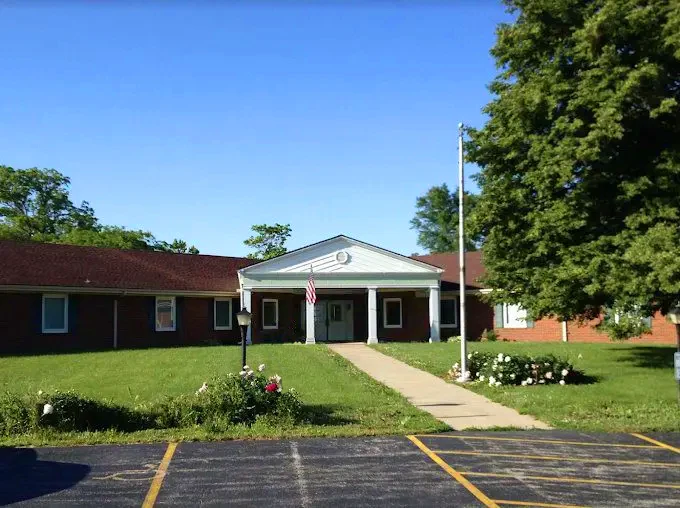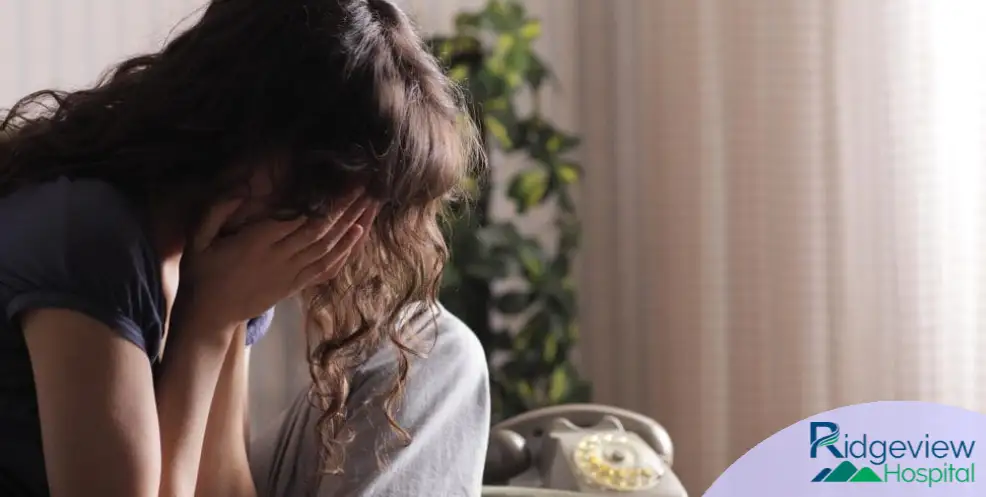If you’re struggling with an alcohol or drug addiction, attending an intensive outpatient program (IOP) in Middle Point, Ohio, can help you on your journey toward long-lasting recovery. This type of treatment — a step-down from inpatient treatment and a step up from traditional outpatient treatment — allows you to reside at home. Otherwise known as Level 2 care, it requires you to spend more than 12 hours per week in a treatment program. Regular outpatient treatment usually requires fewer hours.
IOP or Inpatient Treatment?
inpatient, or inpatient treatment, is effective when it comes to treating addiction, as it provides the highest level of care. However, not everyone is able to pack up and move to a treatment facility for the duration of treatment. Some may have work, and family members to care for, or may not have the necessary funds.
In this case, attending an intensive outpatient program may be your best choice. You’ll be able to live at home, but still receive intensive, quality care in a safe environment with addiction specialists. They will help you learn what you most need to live a better life free from addiction.
Keep in mind, though, that those who have severe addiction issues or co-occurring disorders, such as bipolar disorder and depression, may require a treatment center.
What Is IOP Like?
Each intensive outpatient program may vary slightly, but they typically offer the same type of services. It’s common to receive an assessment up front. You’ll be asked various questions about your current situation and history, including questions about your substance use. Then, a qualified professional will determine the number of weekly hours that would benefit you. For IOP, 12 or more hours is typical.

You’ll be participating in evidence-based treatment that can help you gain the necessary skills to remain substance free. With the help of your counselor, you will create a comprehensive treatment plan. This will help you set goals to work toward regarding addiction recovery and other areas of your life.
Most IOPs include various forms of therapy, including:
Individual counseling – Individual therapy is helpful in addressing the disease of addiction, mental health issues that you may be experiencing, or any other issues you may be dealing with.
Group counseling – Group therapy sessions can be helpful too. When you connect with peers that are struggling with similar issues, you won’t feel so alone. You also have the opportunity to encourage them on their recovery journey in these peer support groups.
Family therapy – Some IOPs will offer family therapy, as addiction can affect the whole family in one way or another.
12 Step meetings – You may have the opportunity to attend a 12-Step program, such as Alcoholics Anonymous or Narcotics Anonymous.
Aftercare support – While you’re receiving treatment at an IOP, you’ll be learning how you can prevent relapse once you’ve completed treatment. Creating a relapse prevention plan is one proactive thing you can do to ensure your continued recovery success.
Medication management – If you require medication to help you overcome an addiction or mental health disorder, you’ll be able to connect with a physician or psychiatrist at IOP who can assist you with that.
Skill development – Many IOPs will offer sessions designed to help you learn new skills, such as anger management, coping, communication, and problem-solving skills.
It’s common to attend an IOP session three to four days per week, usually for around three hours each time.
Is An Intensive Outpatient Program The Right Choice?
If you’re struggling with an addiction to alcohol or drugs, an IOP may be a great choice for you. If you’re currently participating in inpatient treatment and nearing the end of your stay, you can opt to attend an IOP if you feel you still need fairly intensive treatment. You’ll be able to reside at home, but spend a good number of hours in treatment throughout the week.
A great way to evaluate what level of care suits you best is to talk to a substance abuse professional. You can make an appointment to have an assessment done, in which case the therapist can better determine whether an inpatient, intensive outpatient or outpatient program would be best for you.
Essentially, to remain vigilant in your recovery, ongoing support may be necessary after an inpatient stay. When more intensive care is needed beyond outpatient treatment, an IOP provides a way to work toward a successful, long-lasting recovery.





















